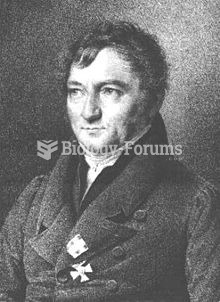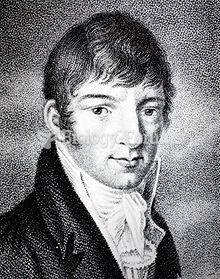Definition for Heidegger, Martin
From Biology Forums Dictionary
Heidegger, Martin (1889 to 1976): Philosopher whose work is variously described as Existentialism or Phenomenology. As a child he was destined by his family for the priesthood, but as a teenager an encounter with Brentano’s work awakened a persistent philosophical impulse. Long interested in Husserl’s thought, he later became Husserl’s friend and assistant, and eventually succeeded him as chair of philosophy at the university of Freiberg (although he subsequently appeared to disavow his connection when his flirtation with Nazism was at its height). His unfinished Being and Time, which must rank as one of the greatest works of philosophy in the Twentieth Century, was dedicated to Husserl, although he had already begun to seriously differ with the master’s thought by the time of its publication in 1927. In 1933, he joined the Nazi party (whether it was from self-interest, a sincere commitment to the party’s goals, or simply as a perceived acquiescence to the trend of his own philosophy is a topic still hotly debated). If self-interest was the motive, Heidegger failed miserably, being considered insufficiently ideological by the Nazis, who sent him to dig ditches in the last years of the war, and then later deemed too much of a Nazi by occupation forces, who banned him from teaching. Heidegger’s work is generally divided into “early” and “late” periods, with the former centering on the themes expounded upon in Being and Time, and the latter marked by an abiding interest in Pre-Socratic thought, as well as a newly poeticized mode of discourse which attempts to let “Being” speak in its “own” voice.



